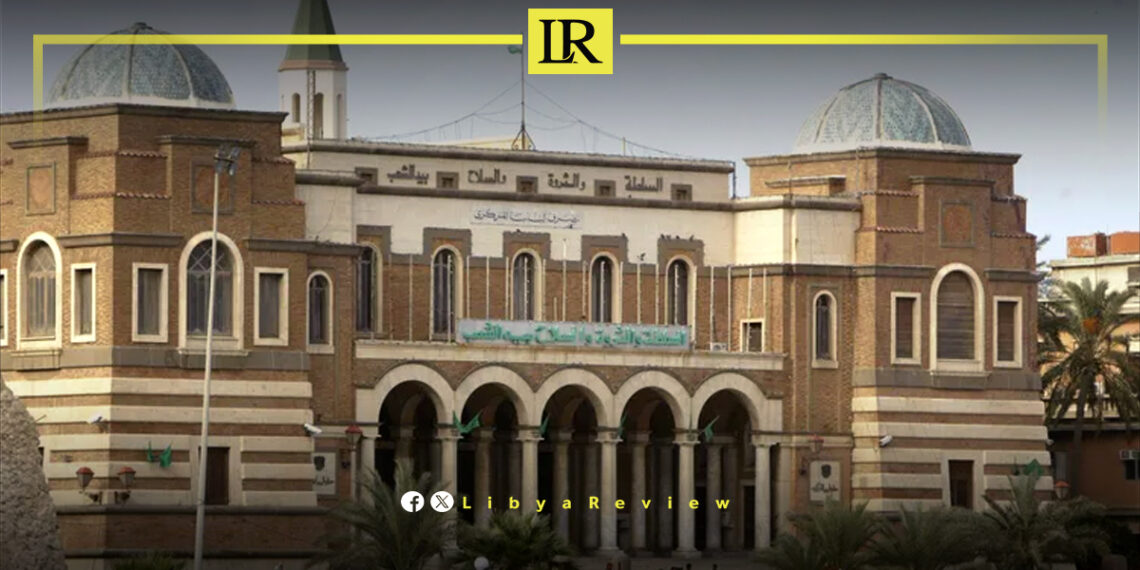On Saturday, the European Union warmly welcomed the agreement reached between Libya’s House of Representatives and the High Council of State to resolve the leadership crisis at the Central Bank of Libya.
The agreement, brokered by the United Nations Support Mission in Libya (UNSMIL), is seen as a crucial breakthrough toward stabilizing Libya’s economy and ending a years-long political deadlock.
In a statement, the EU urged Libya’s factions to swiftly and fully implement the agreement, which is expected to bring new leadership to the Central Bank, helping to restore confidence in the country’s financial institutions. The EU praised the efforts of the UN mission in mediating the deal and reaffirmed its support for UNSMIL’s ongoing efforts to promote peace and stability in Libya.
The deal comes after representatives from Libya’s rival eastern and western administrations agreed on a framework for appointing new leadership to the Central Bank, including the positions of governor, deputy governor, and board members. The move is expected to end years of bitter disputes over control of the institution, which has been a focal point of political tensions in the country.
The new temporary CBL Governor will be Naji Issa and his Deputy will be Miree Al-Barasee.
The crisis at the Central Bank has been a major factor in Libya’s ongoing political and economic instability. In August 2023, the Government of National Unity (GNU) in Tripoli attempted to replace the long-serving governor Al Siddik Al-Kabir, who refused to step down, leading to a major standoff. The conflict paralyzed the Central Bank’s operations and severely affected Libya’s oil production, which is the cornerstone of the country’s economy.
Libya’s daily oil output plummeted from over 1 million barrels per day to just 450,000 barrels, a devastating blow for a country that relies almost entirely on oil revenues. The Central Bank, responsible for managing these revenues, became caught in the middle of a power struggle between the GNU and rival eastern factions.
International observers, including the EU, view this deal as a positive step toward broader reforms that are necessary for Libya’s long-term stability. By establishing clear leadership at the Central Bank, Libya’s political factions can begin to rebuild trust and work toward a more cohesive national economic policy.
However, implementing the agreement will require ongoing international support and cooperation among Libya’s competing political factions. The road to recovery will not be easy, but the agreement offers a glimmer of hope for a country that has been mired in conflict and economic hardship for over a decade.


